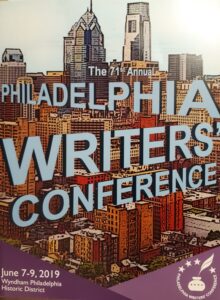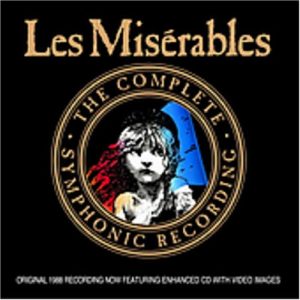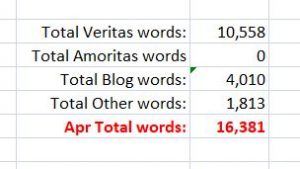This past week I have had characters from the past haunting my thoughts. Way back in the day, in high school and college, my best friend and I cut our writing teeth on fan fiction. Miami Vice fanfic, to be precise. It was the characters we created for this series that kept pushing their way into my mind last week.
Finally, on Monday, I pulled out one of these old stories and read it all the way through. The world and the people leapt to life for me like they had all those years ago. And the thing is, it wasn’t bad. Sure, it had a glaring plot hole, and our POV did some head-hopping, but the bones were there. The plot and subplots worked together, and the characters were strong and real.
I don’t know why I felt so compelled to revisit these stories, these characters, but I am glad I did. I saw how much my writing has improved, for one thing. But it also reminded me of when writing was fun. No deadlines, no criticism, just me and my best friend spinning tales.
And maybe it was my best friend sending a message to me. She died in 2004, and I lost my writing collaborator as well as my best friend. Perhaps she was reminding me of who I really am. It is so easy as an adult to lose yourself in all the roles you play—wife, mother, daughter, volunteer positions, organizations you are involved in. If you’re not careful, you lose yourself in all the noise. I admit to feeling a bit unmoored lately, wandering in the wilderness of busyness and anxiety.
Looking back at old work has a great deal of value. First, you gain perspective on how far you have come craft-wise. Second, it grounds you in who you are. And third, it reminds you why you used to write in the first place—for joy and excitement.
Have you ever gone back and read your early work?



Summer’s End
This time next week my child will be back in school, and I will have 6 hours a day to get work done in peace.
Of course, it never ends up being 6 free hours. I do errands and sometimes chores, and other things that require concentrated time. And naps. I admit to naps.
However, it will be a relief to have some space to stretch, some flexibility. Summer is a time of squeezing writing into the nooks and crannies of life. While this may work well for some writers, my brain struggles to work that way, and it leaves me frazzled and exhausted.
I love the time I get with my daughter during the summer. I enjoy the family adventures when we travel. The slower pace of life is a welcome change from the often-hectic school year. But I confess to relief in getting my “me time” back.
I have several projects I want to work on, so my ambitions are high, as they tend to be. Sometimes unrealistically high. But for the first time in several years, I feel like I might be up to the task. We shall see what the school year brings for me.
Does the end of summer bring you more or less time to write?